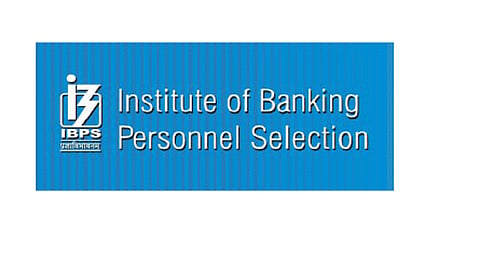

The Institute of Banking Personnel Selection (IBPS) has issued a rigorous, revised notification emphasising its zero-tolerance policy for cheating, impersonation, and proxy applicants in banking recruitment exams.
Amid growing fears about organised malpractice networks targeting competitive examinations, the Institute has assured lakhs of hopefuls that exam integrity is still its top priority.
In its guidelines, IBPS emphasised that each candidate must take the exam separately. The Institute has improved its inspection processes and now employs a multi-layered analytical approach that detects any kind of fraudulent scoring or cooperative cheating, India Today reports.
The IBPS said that it uses specialised digital tools and behavioural analytics to detect suspicious activity. These systems compare answer patterns, check for high similarity in wrong answers and scrutinise descriptive responses for identical wording or manipulation.
Alongside this, the institute verifies biometric and personal data, reviewing past performance and application history. It also factors in reports from invigilators and test centres on any unusual conduct or irregular behaviour.
All questionable instances are forwarded to a special Committee for the Detection of Unfair Means, which examines statistical evidence, behavioural trends, and invigilator reports before recommending action.
If malpractice is discovered, the IBPS has confirmed its ability to cancel candidacy, withhold results, or rescind stated results at any time and without warning.
The letter highlights that candidates are repeatedly warned in admit cards, information handbooks, and exam procedures that post-exam similarity analysis is common practice.
